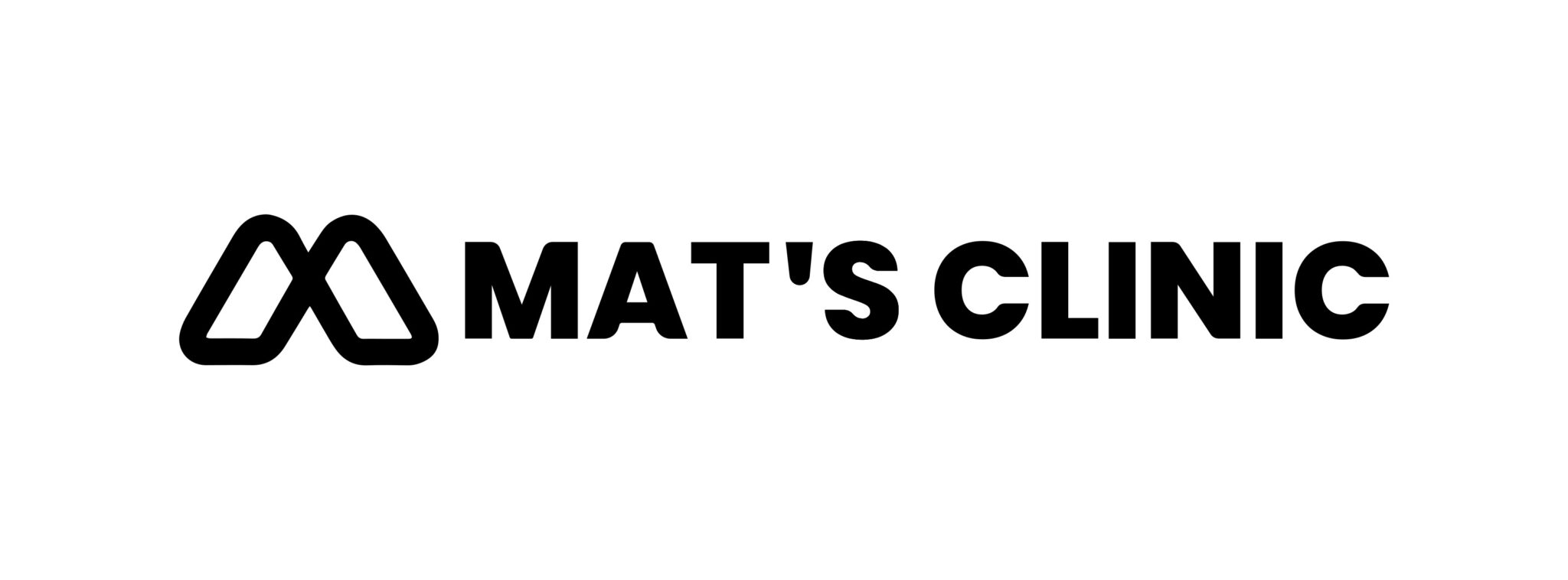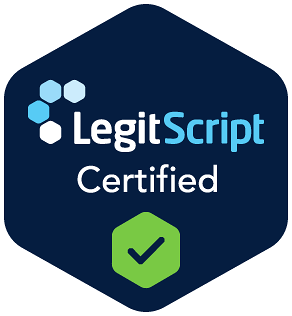Resources
Common Terms & Medications Related to Addiction
A chronic, relapsing brain disorder characterized by compulsive drug-seeking and use despite harmful consequences. It’s a complex interplay of brain circuits, genetics, and individual experiences that lead to uncontrollable impulses and a loss of self control. Changes in the brain’s reward…
Medication Assisted Treatment combines medications with counseling, behavioral therapies, and peer support to treat substance use disorders by addressing both the physical and psychological aspects of addiction.
Medications for Opioid Use Disorder refers to a treatment approach combining FDA approved medications with counseling and other support.
FDA approved medication used primarily for the treatment of opioid use disorder. It’s a combination of buprenorphine and naloxone taken daily as either a pill swallowed or oral film that dissolves in the mouth.
FDA approved injectable medication used primarily for the treatment of opioid use disorder. It’s an extended release form of buprenorphine administered monthly to help reduce cravings and withdrawal symptoms.
FDA approved form of buprenorphine medication primarily used in the treatment of opioid use disorder taken as a daily oral pill. Due to the lack of naloxone in the formulary Subutex has a high potential for misuse. As a result, it is typically utilized for the induction phase only in a controlled setting. Then it is commonly discontinued as a patient transitions to a different form of buprenorphine for longer term treatment.
FDA approved medication originally used for alcohol use disorder but may also help in the prevention of relapse for patients with opioid use disorder. It’s an extended release injectable form of naltrexone taken monthly.
Anxiety disorders are commonly characterized by excessive and persistent worry, fear and anxiety which interfere with a person’s life, relationships, work and responsibilities. Anxiety and substance use disorders co-occur at great rates in the United States. Typically a patient will self medicate using substances to help reduce their anxiety and both disorders end up escalating over time. Treating both disorders simultaneously is highly recommended and may involve group and individual therapy, community support, detox, and withdrawal support as part of a personalized treatment plan.
Sleep disturbances are relatively common for patients with substance use disorder and nonpharmacological treatments are helpful in establishing healthy sleep behavior. Over the counter and prescription medications without known abuse potential are the next category of treatment available. Off label and prescription medications with known abuse potential need to be monitored more closely and should be used only for short term use.
CBT stands for Cognitive Behavioral Therapy which is commonly utilized in the field of addiction medicine. It is a type of psychotherapy helping patients identify and change unhelpful or harmful thought patterns and behaviors affecting their emotional well being and overall functioning. It’s a problem oriented and action oriented approach. It focuses on the present and aims to help individuals develop coping skills for managing specific challenges.
Stigma is typically negative in the world of addiction and addiction medicine, largely due to misinformation or a lack of education on the topics. Our patients are often treated poorly in society, and even by those there to help them with addiction related services. The negative stigma perpetuates the issues preventing patients from seeking help and staying with their treatment plans. It is crucial to provide a stigma and shame free environment for those with substance use disorder to expect positive change and results.
Testosterone Replacement Therapy is a treatment for men who have low testosterone levels often due to a condition called hypogonadism. Synthetic testosterone can be used to help restore hormone levels to a healthy range and may be administered as either an injection, gel, patch or pill.
is short for glucagon-like peptide-1 and is a naturally occurring hormone in the body that plays a crucial role in regulating blood sugar and appetite. It is typically administered as a once a week injection. In the addiction medicine space GLP-1s are being researched as a tool to help curb cravings and achieve weight loss.
A partial opioid agonist medication used to treat opioid use disorder and manage pain. It prevents withdrawal symptoms and cravings while blocking the effects of other opioids. It does not create euphoric effects as a full opioid agonist can, such as methadone.
Zubsolv is similar to Suboxone in that it is FDA approved, has a combination of buprenorphine and naloxone, and is primarily used to treat opioid use disorder. Zubsolv has a higher bioavailability than Suboxone, meaning it is easier for the body to absorb. It is taken as an oral pill that dissolves under the tongue.
FDA approved injectable medication, similar to Sublocade, used in treating moderate to severe opioid use disorders for patients already on buprenorphine. It’s an extended release form of buprenorphine with the option of being administered either weekly or monthly.
FDA approved medication for treating alcohol and opioid use disorders. It is available as a daily oral pill or a monthly injection. It reduces the rewarding effects of alcohol and opioids in the brain, thus decreasing cravings for these substances. administered either weekly or monthly.
Narcan is a form of Naloxone administered as an oral spray to help reverse opioid overdoses by quickly restoring breathing and consciousness. It is also available, most typically in a hospital setting, in an injectable form. It is not a cure for addiction or an ongoing way to treat substance use disorder. If successful, it offers another chance for people to seek further help in recovery.
Depression can increase the risk of substance use disorder as reliance on substances to sooth the feelings of depression can make the episodes more severe and dangerous. Treatment for depression and substance use disorder should be approached simultaneously for improved outcomes. Treatment often includes cognitive-behavioral therapy, motivational interviewing, trauma therapies, family systems therapy and antidepressant medications.
Methadone is a long acting full opioid agonist medication used in the treatment of opioid use disorder and managing pain. It helps reduce opioid cravings and withdrawal symptoms, however it can be addictive and patients can build up tolerance to this medication. For these and other reasons, we do not offer the use of methadone in the treatment of substance use disorder.
Trauma is typically at the root issue for patients with substance use disorder. Trauma Informed Care or Trauma Informed Therapy is an approach recognizing the pervasive impact of trauma and understands its effects on individuals, including their brain development and function. Within a safe environment, it focuses on understanding the root causes of distress and helping individuals heal by developing coping mechanisms and resilience.


